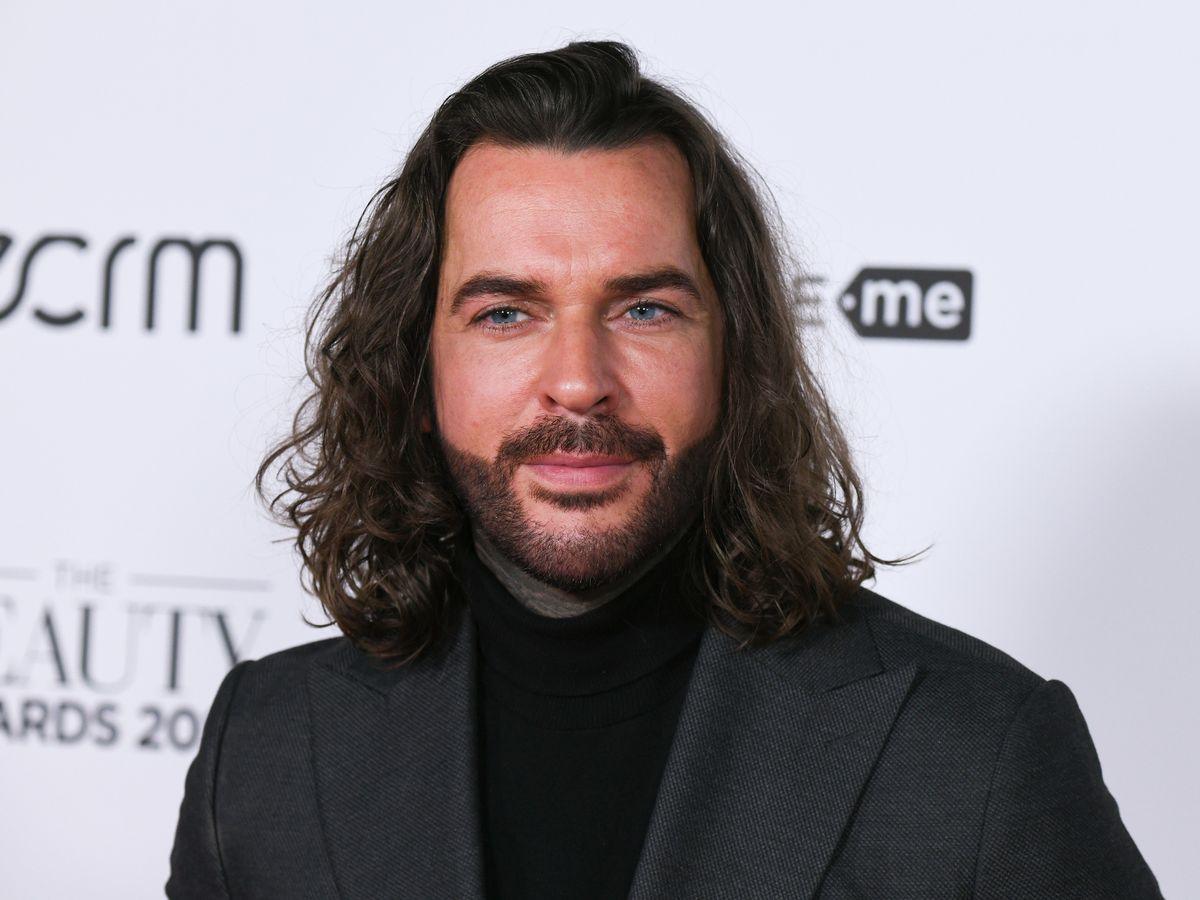The Impact of Pete Wicks on Reality Television

Introduction
Pete Wicks is a name that has become synonymous with reality television in the UK. His rise to fame began on the hit show ‘The Only Way is Essex’ (TOWIE), where he has captivated audiences with his charisma and charm. As the reality TV genre continues to evolve, Wicks’ presence marks an important shift towards personalities who challenge traditional norms and contribute positively to public discussions.
Background and Career
Born on September 2, 1988, in Essex, Wicks initially started his career in the fashion industry, which perfectly positioned him for the glamour and glitz of reality television. He joined TOWIE in its 16th series and quickly became a fan favourite, known for his distinctive style and candid personality. His journey on the show has been marked by various romantic entanglements and friendships, which have not only entertained viewers but also sparked important conversations surrounding mental health, relationships, and personal growth.
Recent Developments
In recent months, Wicks has been in the spotlight due to his involvement in various social and charitable initiatives. Post-pandemic, he has taken part in campaigns focusing on mental wellness, encouraging his followers to seek help when needed. His Instagram posts, often reflective and thought-provoking, resonate with a younger audience, making him an influential figure beyond just reality TV. Additionally, he has engaged in discussions about body positivity, utilising his platform to promote acceptance and self-love.
Conclusion
Pete Wicks represents a new wave of reality television stars who use their fame to make a difference. His growing influence in promoting mental health and self-acceptance is commendable and necessary in today’s society. As he continues his journey, it will be interesting to see how he further impacts not just the entertainment industry but also the lives of his loyal fan base. His trajectory suggests that reality TV can be a platform for deeper conversations and societal change, making his contributions significant for viewers and current cultural dialogues.
